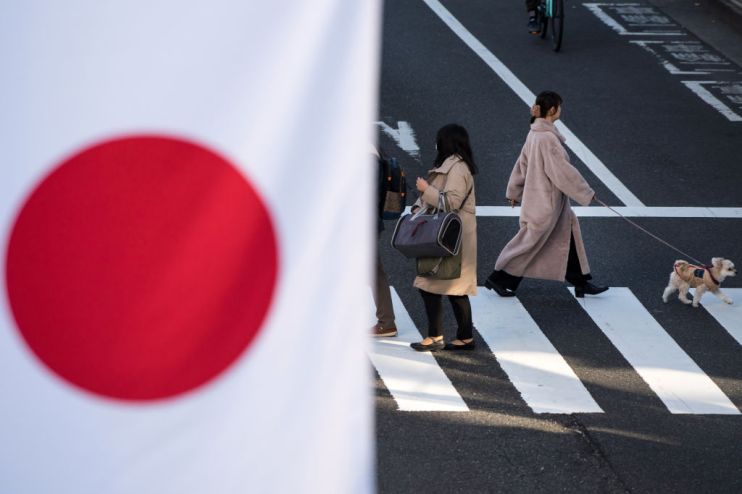Investors split on Japan strategy as end to negative rates looks increasingly likely

The Bank of Japan might be content to tighten monetary policy early next year without waiting for the full picture on wage growth, Kazuo Ueda, the Bank’s governor suggested today.
“It’s possible to make some decisions even if the bank doesn’t have the full results of spring wage negotiations from small- and middle-sized businesses,” the governor said in an interview with public broadcaster NHK released Wednesday.
Complete wage data comes out in July, when Rengo, the country’s largest union federation, publishes figures.
But the comments suggest Ueda would be content to look at annual pay figures from most of the country’s largest employers, which are released in March, alongside GDP figures, which come out in February.
Policymakers hope this will show more domestically driven inflation after decades in which Japan has struggled with deflation.
Interest rates in Japan have been below zero since 2016 and have not been above one per cent this millennium in a mostly unsuccessful attempt to stimulate the economy.
It remains an outlier among the world’s central banks, who have all rapidly raised interest rates over the past two years in an attempt to contain a surge in inflation.
With a shift in policy looking likely, investors are split about how best to secure returns.
Emily Badger, a portfolio manager at Man GLG, told Bloomberg investors have already priced in the benefits of future monetary tightening. This reduces the appeal of Japan’s banking stocks, which have recorded a very strong year.
Badger favours other sectors such as real estate and non-bank financials.
However, other investment banks are still bullish about the prospect for Japan’s banks next year, with JP Morgan and UBS both recommending banks.